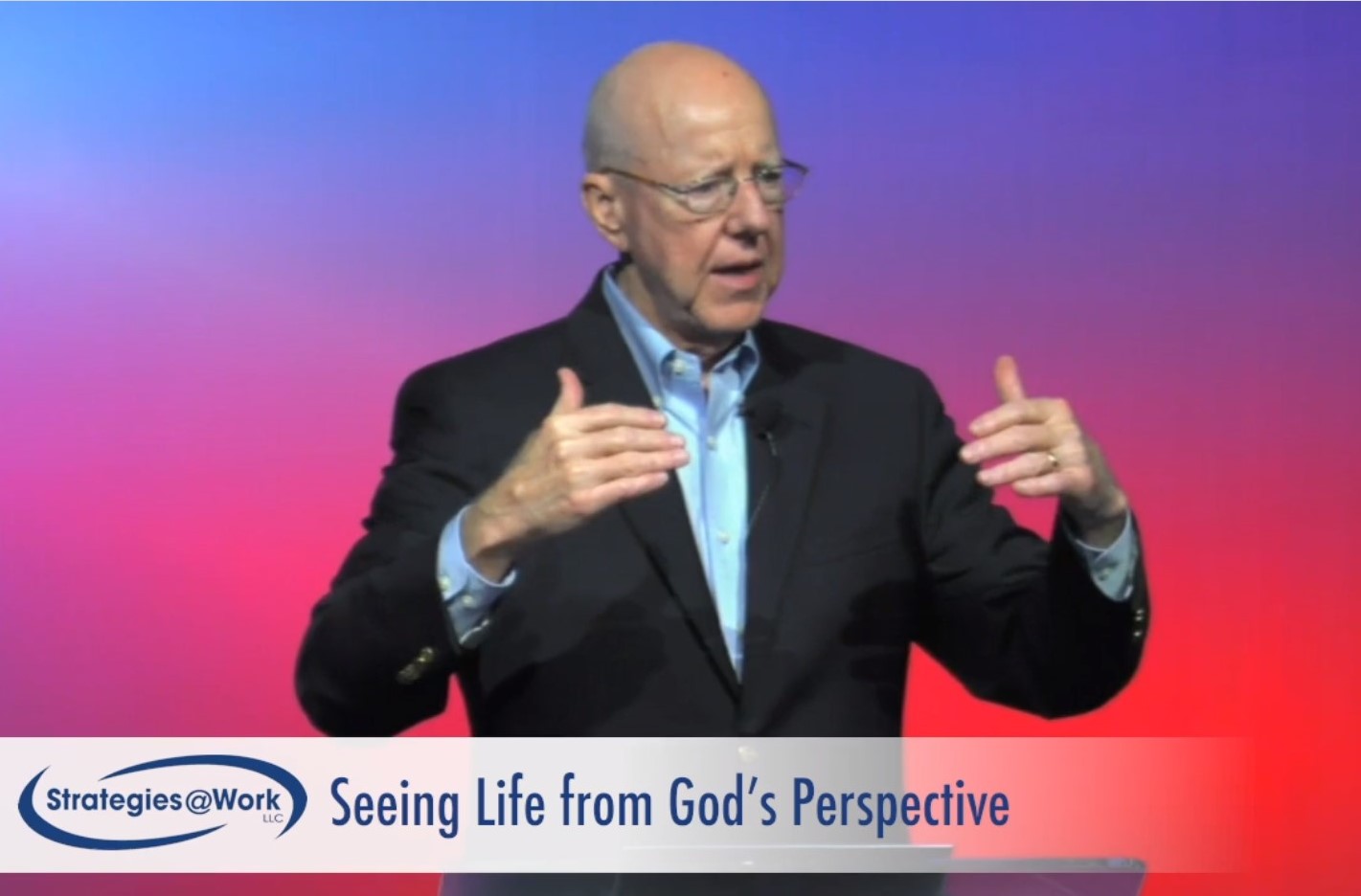 |
||||||
May 1, 2020 |
||||||
Gleanings |
||||||
Great Grace and Great Fear |
||||||
by Gerald R. Chester, Ph.D. |
||||||
| Over the past few months, the world has experienced great grace and great fear. For the first two months of the first quarter, the economies of the world performed well. There was great economic grace. However, in March 2020 the scope of the COVID-19 pandemic became evident, causing the governments of the world to direct people to stay home. Some people began to work from home, but a large portion of the world population could not work. Consequently, the economies of the world declined with alacrity. Great fear gripped the world. The nations of the world moved from great grace to great fear. The first New Testament church had a similar experience of moving from great grace to great fear.1 Their great grace described the empowerment to persevere under unjust suffering. This was a unifying experience for the early disciples of Jesus who were emboldened to an elevated level of power in the Lord marked by three traits:
The predicate for the manifestation of these three traits was profound biblical literacy and sacrificial commitment and submission to the authority of the Bible. This was true of both the indigenous Jews in Jerusalem and of the visiting Jews who were part of the dispersion. These people lived in various parts of the world and traveled long distances to participate in Pentecost—one of three annual Jewish festivals. For the dispersed Jews, the travel was slow, arduous, risky, and expensive. Nevertheless, they sacrificed to obey Scripture. In the current day, finding people willing to sacrifice to live their faith in Jesus is rare. Most want to live a pleasant, comfortable life and expect God to support their desire. There is little willingness to sacrifice to live obediently to Scripture. The commitment level of Christians today seems tepid compared to the Jewish dispersion gathered in Jerusalem at the birth of the New Testament church, which was, arguably, a unique body of believers in Jesus. The uniqueness of this group, when compared to professing Christians today, was rooted in their biblical literacy, commitment to the authority of Scripture, and willingness to sacrificially obey Scripture. To the dispersed first-century Jews, God extended “great grace.”2 This phrase does not appear in any other text of Scripture. This is the singular occurrence in the canonical biblical record of the New Testament church. The predicate for “great grace” was the singular culture marked by the three aforementioned traits: biblical literacy, commitment to the authority of Scripture, and willingness to sacrifice to obey Scripture. This culture of “great grace” was evidenced by unity of heart and mind, great power to proclaim the historicity of the resurrection of Jesus, and wisdom to sacrificially use financial resources. Consider the fruit of financial wisdom—the wisdom to give financial resources to those in need as displayed in the first New Testament church. The leaders were able to discern the real needs (needs as defined by God), not just the felt or perceived needs (needs defined by man), of the community. The people submitted to the leaders’ judgment and selflessly provided resources to meet the real needs. This giving to serve God’s purpose in others was displayed by Joseph, a Levite from Cyprus, (also known as Barnabas) who sold some of his private property and gave all the proceeds to help meet the real needs of the community.3 There was, however, one example of a couple whose motives were not as pure as Barnabas’s. Like Barnabas, Ananias and Sapphira sought to contribute to the needs of the community, but, unlike Barnabas, they did so with duplicity.4 The deceptive action of Ananias and Sapphira was egregious—a sin against the Holy Spirit. The Lord’s common grace expressed by forbearance with the sin of fallen mankind was lifted, and judgment was executed in the form of instant physical death. Their deaths were shocking and great fear came over the Christian community and all who heard about them. God is under no obligation to forbear judgment against human sin. He does so voluntarily for his own purposes. Without this forbearance, we would all be consumed as Solomon said:
The first church was so accustomed to God’s forbearance that they took it for granted. So, when judgment was administered, they were stunned and overwhelmed with great fear. The Christian community that displayed great grace was tested and succumbed to great fear. Perhaps this is a warning that just because a Christian community may enjoy a time of great grace does not mean that community can necessarily maintain it. Today, the world is shocked and gripped with great fear over a pandemic. To understand this correctly, we must remember that disease and plagues are by-products of a fallen world. Perhaps we should be surprised that events, like pandemics, don’t happen more often. Graciously, God’s norm is forbearance with fallen mankind, but God is free at any time, and for reasons known only to him, to execute judgment. This truth should keep humans humble, submitted, and teachable before God. When God responds with great grace, enjoy it but always remember that grace means gift. God’s forbearance with sinful men is a gift, just as salvation based on the vicarious work of Jesus is a gift. Even those who know God and are justified before him still sin because no one achieves perfection in this life. We are not fully sanctified until we transition into his presence upon physical death. Humans have no right to expect God to forbear temporal judgment. The fact that he generally does is a gift that should stimulate us to holy living. When God extends great grace, we should be very thankful and diligently seek to live obediently like Barnabas. And when testing comes that can cause us to react in great fear, we must quickly humble ourselves and return to that which facilitates great grace—biblical literacy, submission to the Bible, and willingness to sacrifice to obey the Bible. We should continually seek to grow in these traits. May the Lord grant us grace to always be thankful for his many blessings, particularly the blessing of salvation to eternal life. Sinful mankind deserves eternal judgment and is saved only by the grace of God through our Lord Jesus Christ. And may we always remember that the predicate for great grace that enables us to faithfully serve him during this life is humble hearts in men and women who are regulated by a high view of Scripture as the clearest revelation to discern the will and ways of God. |
||||||
| Quick links | ||||||
Teaching: Great Grace and Great Fear |
||||||
| Upcoming Training | ||||||
Seminar: Strategic Life Alignment |
||||||
| Recent Trainings | ||||||
| Social Media | ||||||
| Gleanings | ||||||
| Other | ||||||
|
||||||







.png)